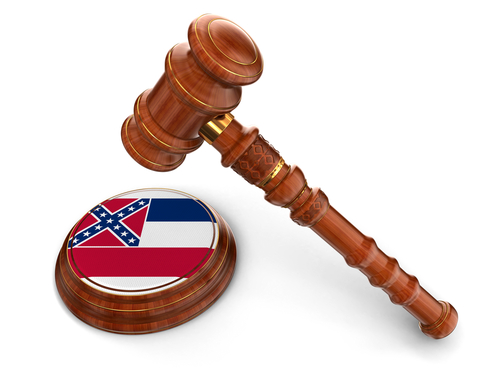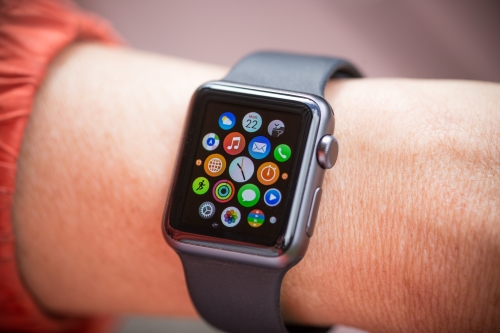UK Supreme Court Rules Against AI Inventorship of Patents | White & Case LLP
White & Case Tech Newsflash
On December 20, 2023, the UK Supreme Court (“Court”) dismissed Dr. Stephen Thaler’s appeal,1 unanimously affirming the decision of the Comptroller-General of Patents, Designs and Trademarks (“Comptroller“) that a machine which embodies an artificial intelligence (“AI“) system could not be an inventor under the Patents Act of 1997 (UK) (“Patents Act“). As we discussed in an earlier Tech Newsflash article,2 this is consistent with the decisions from the relevant court or office of the U.S.,3 Australia,4 and Germany.5
Background of the Case
In 2018, AI researcher Dr. Stephen Thaler filed two patent applications with the Comptroller, stating that the inventor was a machine called DABUS (Device for the Autonomous Bootstrapping of Unified Sentience), acting autonomously and powered by AI. He asserted that he acquired the right to the grant of the patents by his ownership of the machine. On December 4, 2019, the Hearing Officer for the Comptroller issued a decision that (i) DABUS could not be an inventor under the Patents Act, and (ii) Thaler was not entitled to apply for a patent based on his ownership of DABUS. Thaler’s applications were taken to be withdrawn by the Comptroller and through a series of appeals, the matter came before the UK Supreme Court.
Court’s Decision
The outcome of the appeal turned on three primary issues:
(i) As to the scope and meaning of the term “inventor” under the Patents Act and whether it extended to a machine such as DABUS, the Court took a textualist approach and held that, as a matter of statutory interpretation (including pursuant to sections 7 and 13 of the Patents Act), an “inventor” must be a natural person.
(ii) On the issue of whether Thaler could nevertheless own any invention made by DABUS and be entitled to apply for and obtain a patent in respect of it based on his ownership of DABUS, the Court found against Thaler. The Court held that ownership of the machine did not fall within one of the limbs of Section 7(2)(b) or 7(2)(c), which provide an exhaustive list of persons entitled to patent ownership where they are not inventors themselves (e.g., as an employer). The Court also held that there was no basis for applying the doctrine of accession (i.e., that the owner of existing property also owns the new property produced by the existing property) to these circumstances, as an invention is not tangible property to which title can pass to the owner of the machine that created it.
(iii) Accordingly, the Hearing Officer for the Comptroller was right to find Thaler’s applications as withdrawn under Section 13(2) of the Patents Act.
Comment
The Court’s conclusion was unsurprising and consistent with the vast majority of foreign jurisdictions. However, it is also important to be clear about the scope of the decision. Here, the Court was focused on the interpretation and application of the relevant Patents Act provisions to Thaler’s assertions of fact, namely that the inventions were made autonomously by DABUS, and that Thaler’s right to file for patent applications arises from his ownership of DABUS. Accordingly, the current state of law in the UK is that: (a) inventors must be natural persons, not machines, and (b) an owner of a machine has no independent right to obtain a patent in respect of any technical advance created by such machine. The Court did not foreclose a person from claiming to be an inventor when using AI (e.g., as a “highly sophisticated tool”) to devise an invention. Neither was the Court concerned with the broader question of whether technical advances generated by machines acting autonomously and powered by AI should be patentable. This is a matter subject to ongoing consideration by policy makers.6
1 Thaler v. Comptroller-General of Patents, Designs and Trade Marks, Judgment dated December 20, 2023
2 See, Lindsey Canning, Alex Robinson, UK Supreme Court considers AI inventorship, White & Case Tech Newsflash, March 21, 2023
3 Thaler v Vidal, No. 2021-2347 (Fed. Cir. 5 August, 2022). On 24 April 2023, the U.S., Supreme Court declined to hear a challenge by Dr. Thaler to the U.S. Patent and Trademark Office’s refusal to issue patents for inventions DABUS created.
4 Thaler v Commissioner of Patents [2021] FCA 879.
5 11 W (pat) 5/21, “Food Container”, German Federal Patent Court.
6 For example, in the U.S., President Biden’s Executive Order 14110 on the “Safe, Secure, and Trustworthy Development and Use of Artificial Intelligence” (signed October 30, 2023) requires the US Patent and Trademark Office to publish guidance addressing inventorship and the use of AI, including generative AI, in the inventive process, including illustrative examples in which AI systems play different roles in inventive processes and how, in each example, inventorship issues ought to be analyzed.






